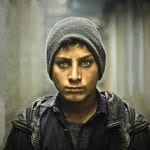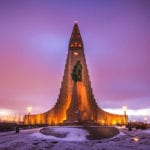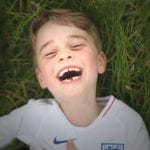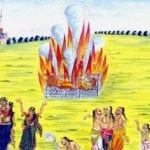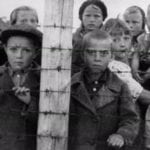 History
History  History
History  Health
Health 10 Everyday Activities That Secretly Alter Consciousness
 History
History Top 10 Historical Disasters Caused by Someone Calling in Sick
 Animals
Animals 10 New Shark Secrets That Recently Dropped
 Movies and TV
Movies and TV 10 Forgotten Realities of Early Live Television Broadcasts
 Technology
Technology 10 Stopgap Technologies That Became Industry Standards
 Weird Stuff
Weird Stuff 10 Wild Facts About Taxidermy That You Probably Didn’t Know
 Travel
Travel 10 Beautiful Travel Destinations (That Will Kill You)
 Miscellaneous
Miscellaneous 10 Modern Marriage Rituals Born from Corporate Branding
 Weird Stuff
Weird Stuff Ten Bizarre Visions of 2026 from Fiction
 History
History 10 “Modern” Problems with Surprising Historical Analogs
 Health
Health 10 Everyday Activities That Secretly Alter Consciousness
 History
History Top 10 Historical Disasters Caused by Someone Calling in Sick
Who's Behind Listverse?

Jamie Frater
Head Editor
Jamie founded Listverse due to an insatiable desire to share fascinating, obscure, and bizarre facts. He has been a guest speaker on numerous national radio and television stations and is a five time published author.
More About Us Animals
Animals 10 New Shark Secrets That Recently Dropped
 Movies and TV
Movies and TV 10 Forgotten Realities of Early Live Television Broadcasts
 Technology
Technology 10 Stopgap Technologies That Became Industry Standards
 Weird Stuff
Weird Stuff 10 Wild Facts About Taxidermy That You Probably Didn’t Know
 Travel
Travel 10 Beautiful Travel Destinations (That Will Kill You)
 Miscellaneous
Miscellaneous 10 Modern Marriage Rituals Born from Corporate Branding
 Weird Stuff
Weird Stuff Ten Bizarre Visions of 2026 from Fiction
10 Images of Where Children Sleep Around the World
Children can really give us an insight into life around the world and their own private sanctuary (which is not always their own as you will see) gives an even deeper look at how they live. The idea of where children sleep seems innocuous at first, but on closer inspection these images reveal incredible stories of courage, despair, and – for the lucky few – joy. The source of this list is an incredible book I recently bought which I cannot recommend enough. It is called “Where Children Sleep” and the author (and photographer and copyright holder of all the pictures found here) is James Mollison.
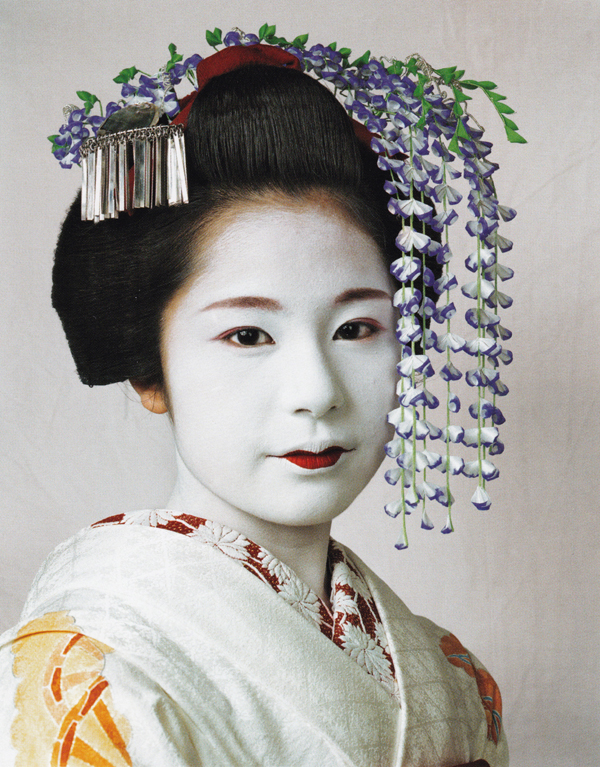
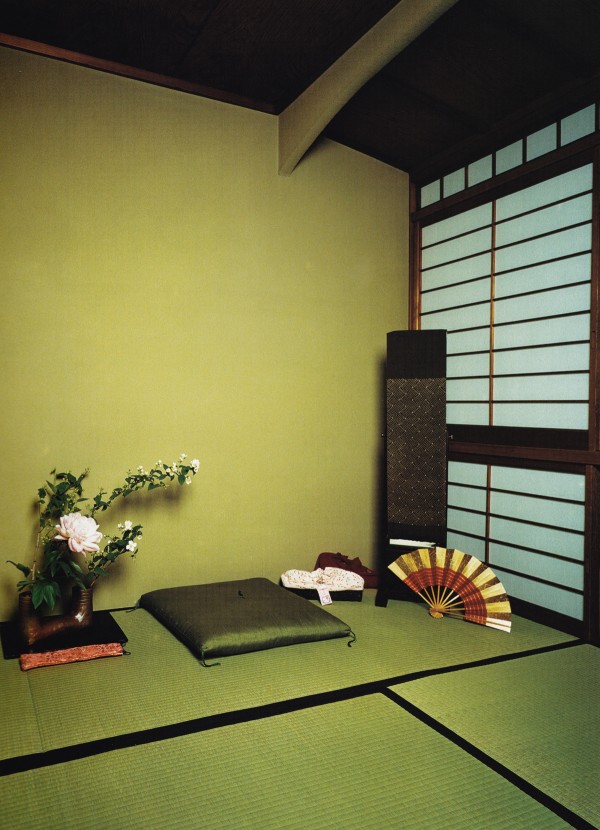
Risa lives with thirteen women in a teahouse in Kyoto where she is training to be a geisha. She chose to train as a geisha after watching them on TV. She trains every day for hours practising tea-making, elocution, singing, and dancing. She is the youngest maiko (someone who has passed the test to train as a geisha) in Japan. She has two days holiday each month.
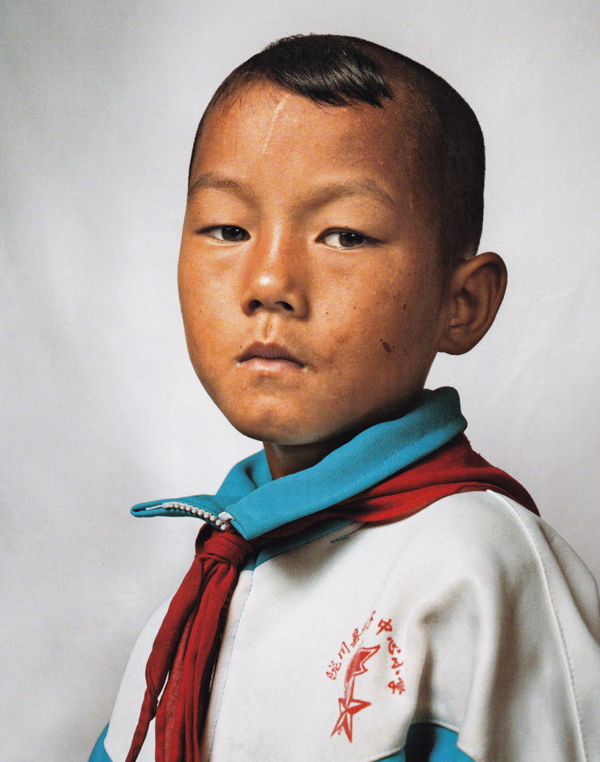
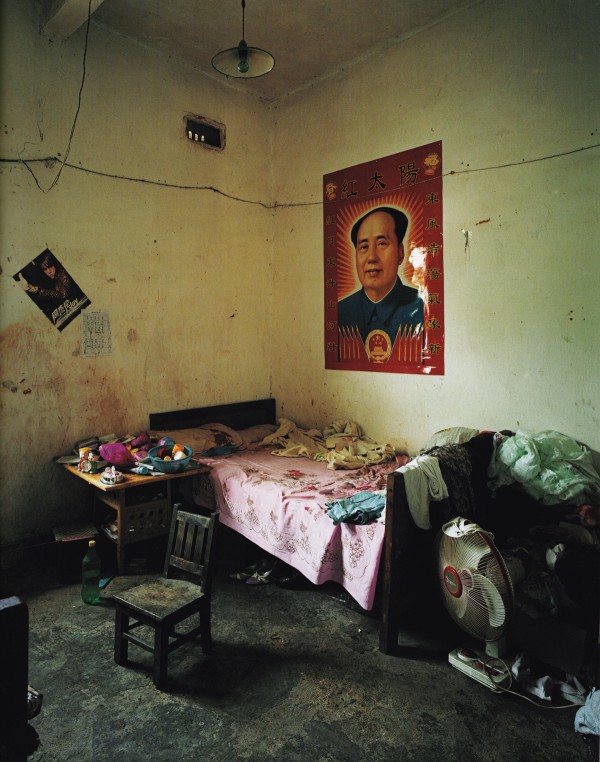
Dong shares a room with his sisters and parents. His family owns just enough land to provide rice and sugar cane. Dong gets a free education because he lives in the country but his parents have to pay for his uniform and tuition. When he grows up, Dong wants to be a policeman so he can ‘catch thieves’.
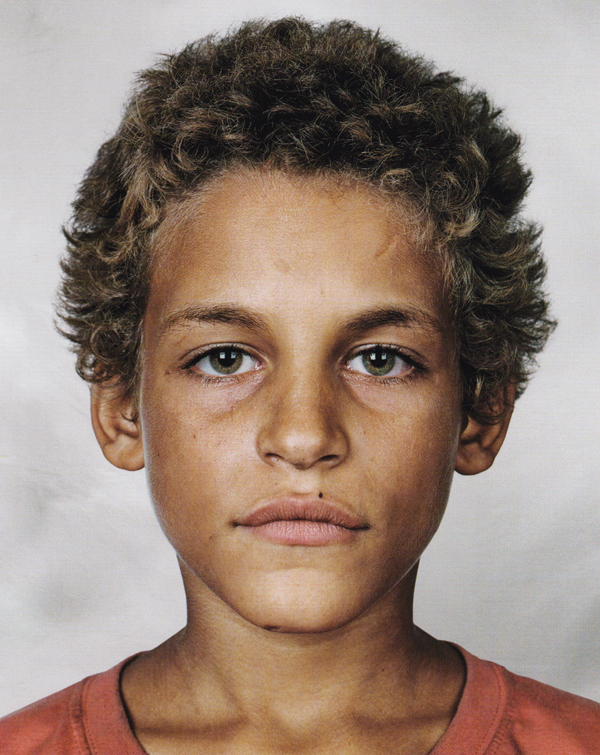
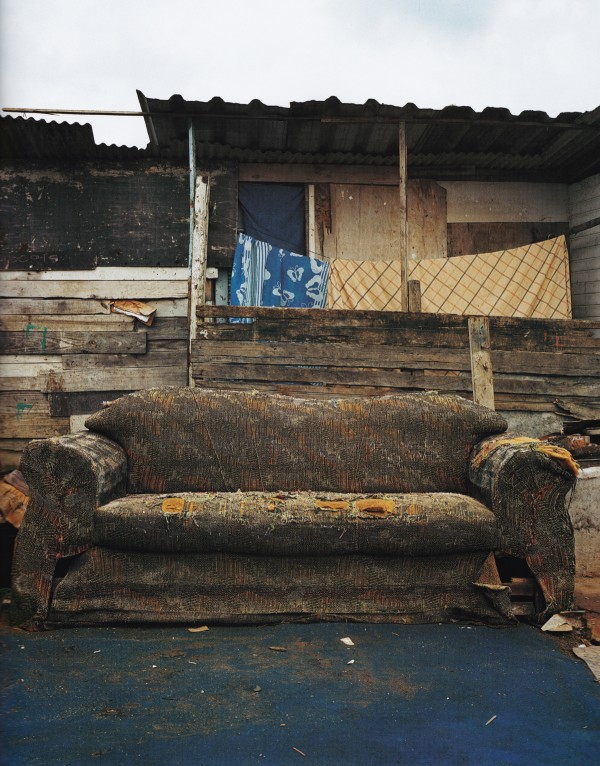
Alex doesn’t go to school; he spends his days begging on the streets. He also makes a living stealing from old people or people sitting in cars waiting at street lights. He is addicted to sniffing glue and sleeps mostly outside on an empty bench or an abandoned sofa. He visits his family occasionally to share a meal with them.
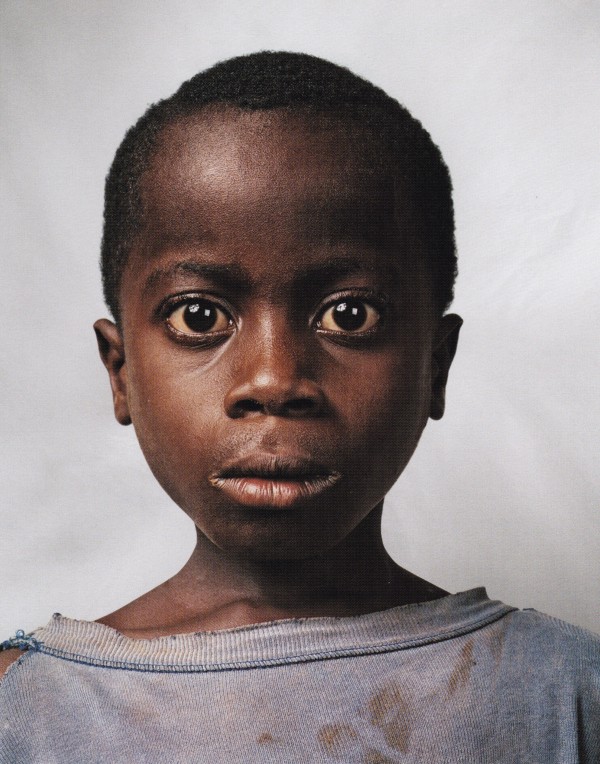
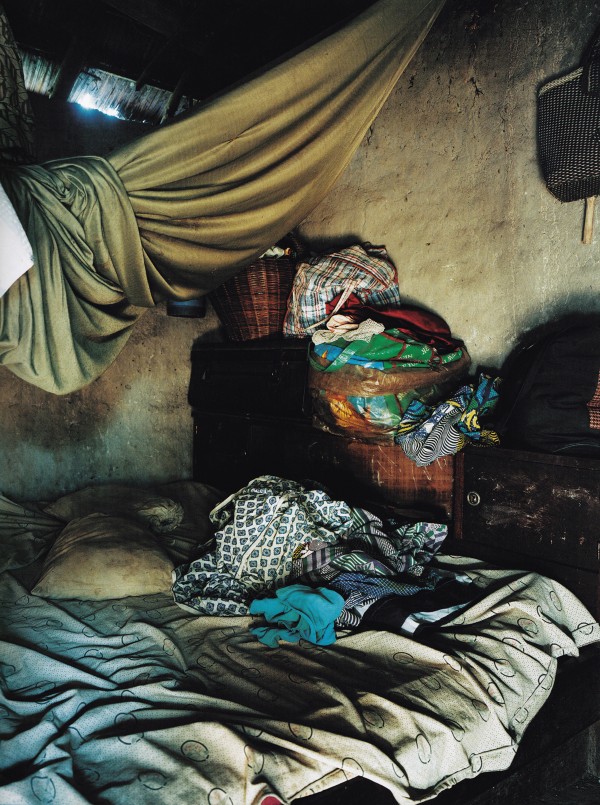
This boy (who remains anonymous for his own safety) was a child soldier during the way in Liberia. He became a soldier because the offer of food and money was too hard to refuse. He goes to a school for ex-child-soldiers. He is an orphan and has three brothers. He wants to be a teacher when he grows up.
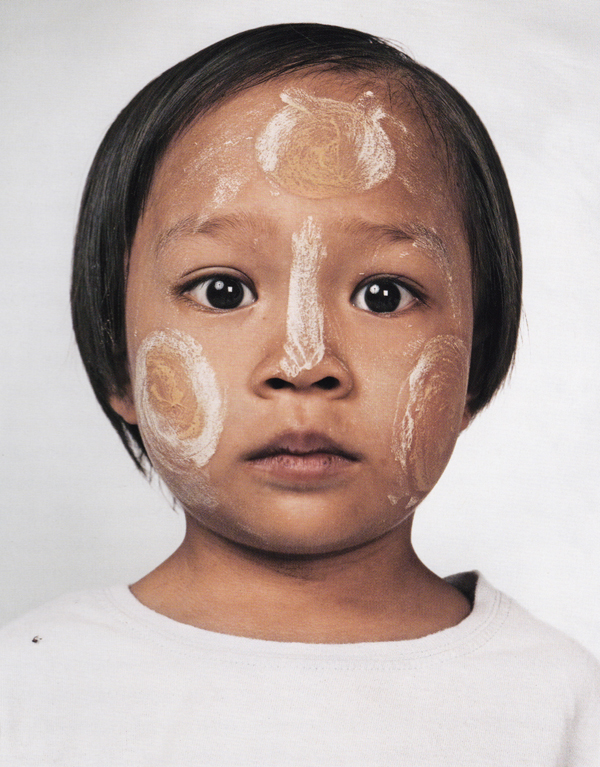
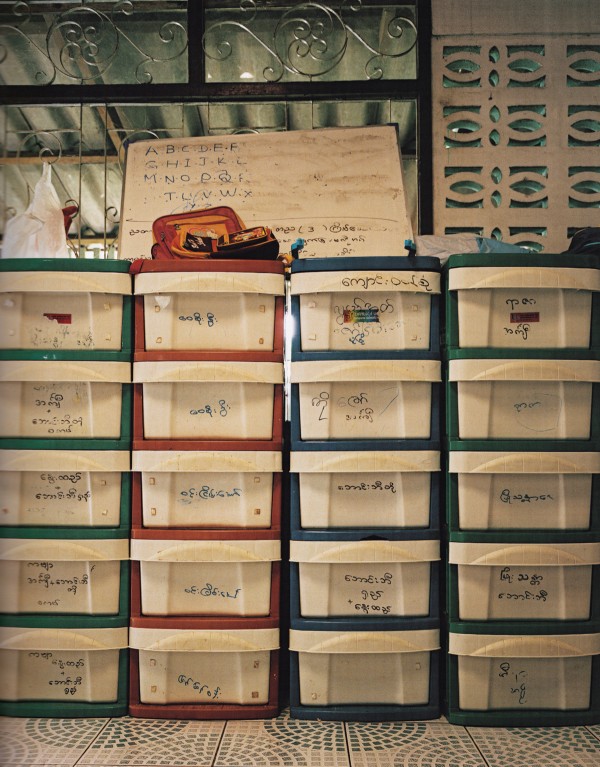
Lay Lay is Burmese but she lives in Thailand as a refugee. She is an orphan and lives in an orphanage which has two rooms – classrooms by day and bedrooms by night. At night the tables are pushed to the side to make the bedroom shared by twenty-one other children of her age. Each child has a small box to keep their belongings in; in Lay Lay’s case this is just a few items of clothing.
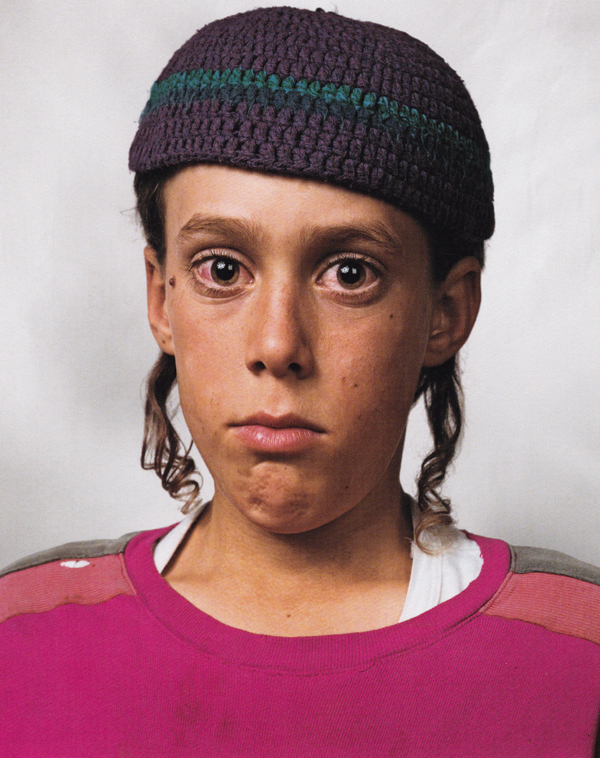
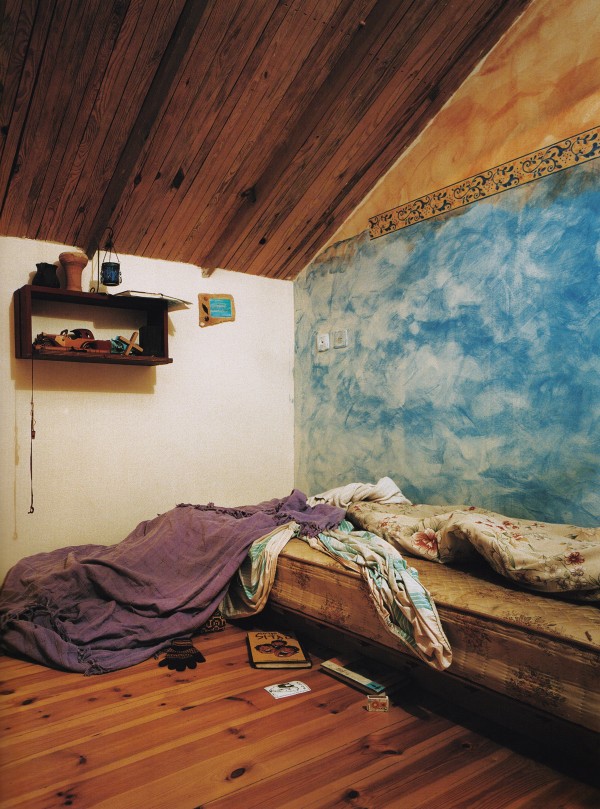
Yiftach lives in an impressive wooden home built by his father, a Jewish Zionist who believes that the land was a gift to them from God. Yiftach enjoys studying solar energy and nature and when he grows up he wants to be a pilot in the Israeli army. His father carries a gun at all times because he believes his children are not safe from the Palestinians who live nearby.
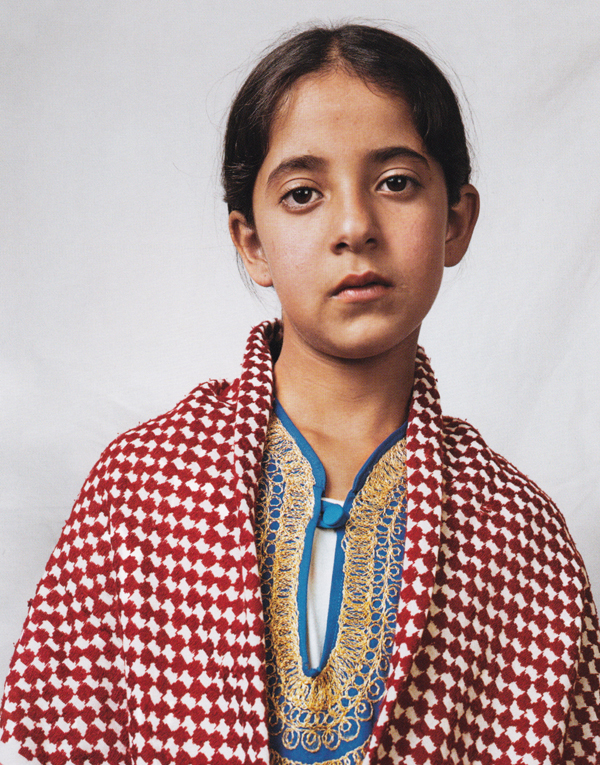
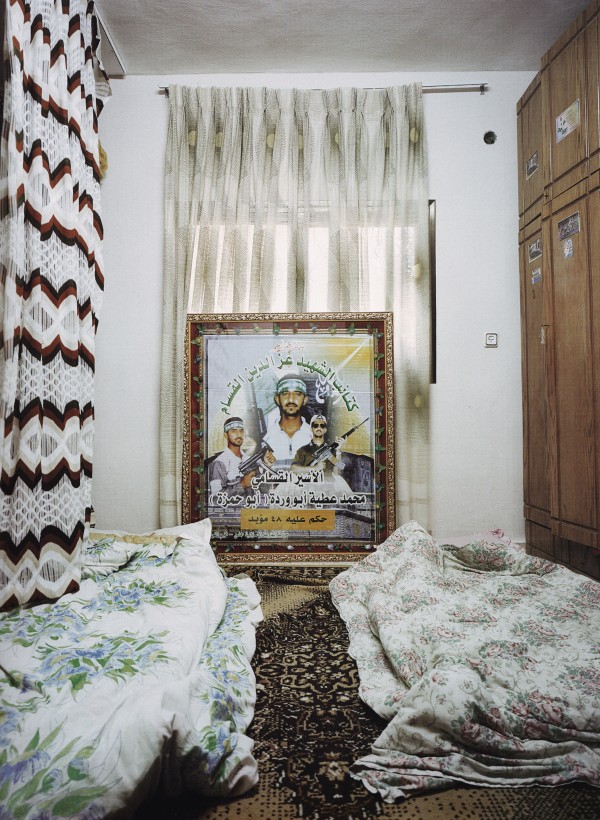
Douha lives in a Palestinian refugee camp because her brother Mohammed killed himself and twenty-three civilians in a suicide bomb attack against the Israelis. The Israeli government punished Douha and her family for his attack by destroying their family home and all their possessions. Douha keeps a poster of her brother on her bedroom wall.
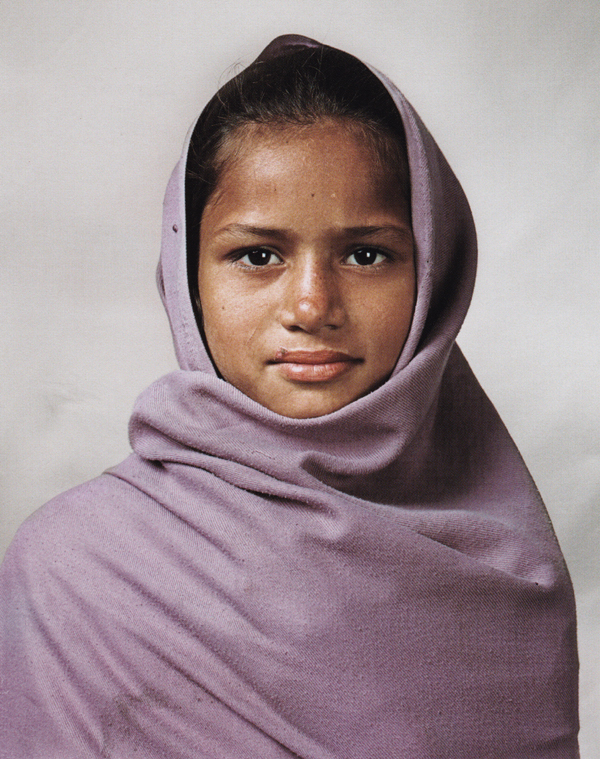
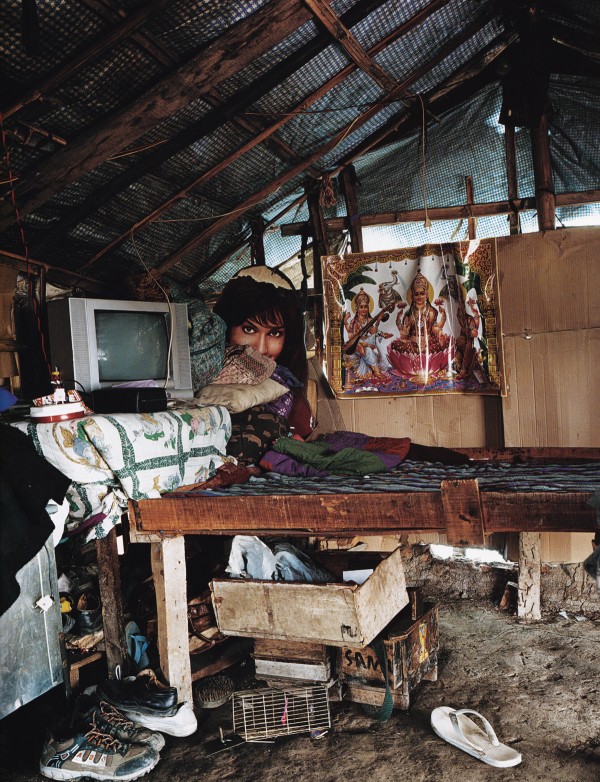
Netu was sent from her home in India to live with her aunt in Nepal because they could not afford the food to survive. Netu’s aunt is not much better off so Netu begs for food everyday. She seldom makes any money as only tourists offer help. Her home is a shack made from plastic sheets which is four meters by six; she shares her home with eleven others.
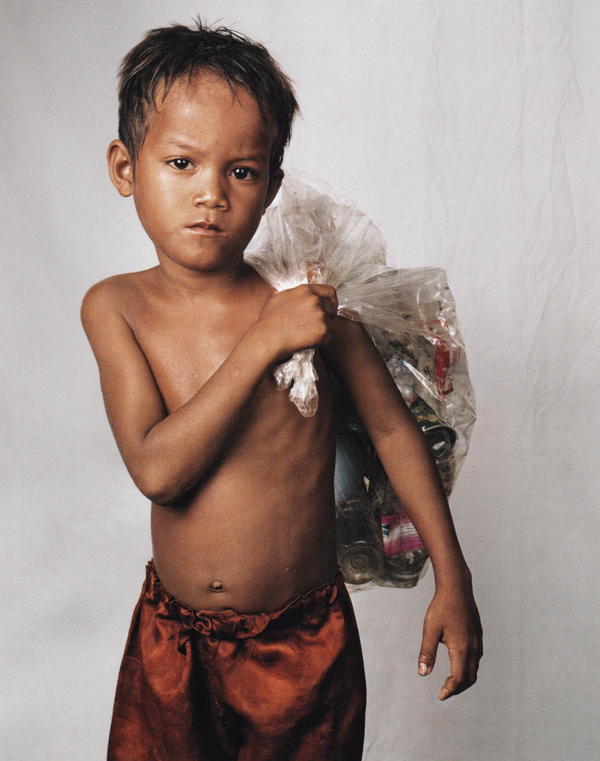
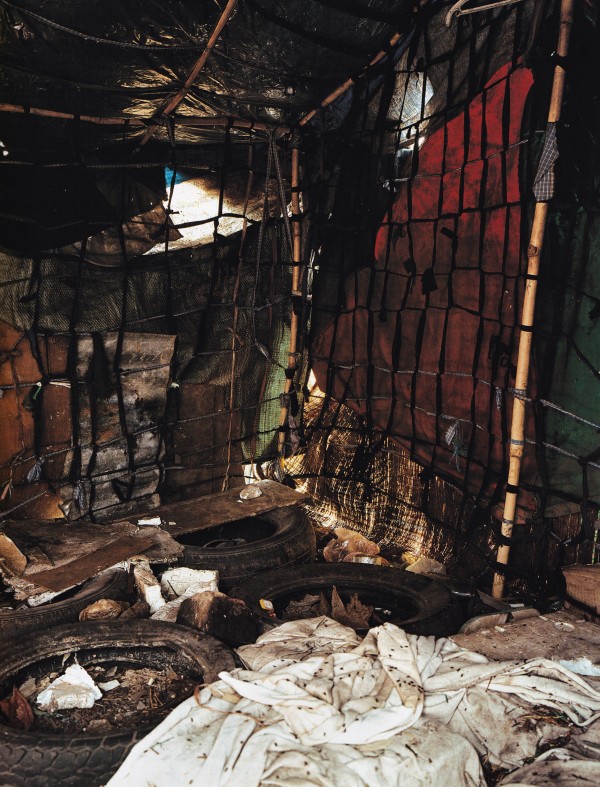
Roathy and his family live in a huge rubbish dump. They re-use whatever rubbish they can find to live on; Roathy’s bed is made from old tires. The dump is swarming with flies which swirl around the five thousand people who live, work, and pay rent there. Mostly the inhabitants scavenge old bottles and tins to sell to a recycling company.
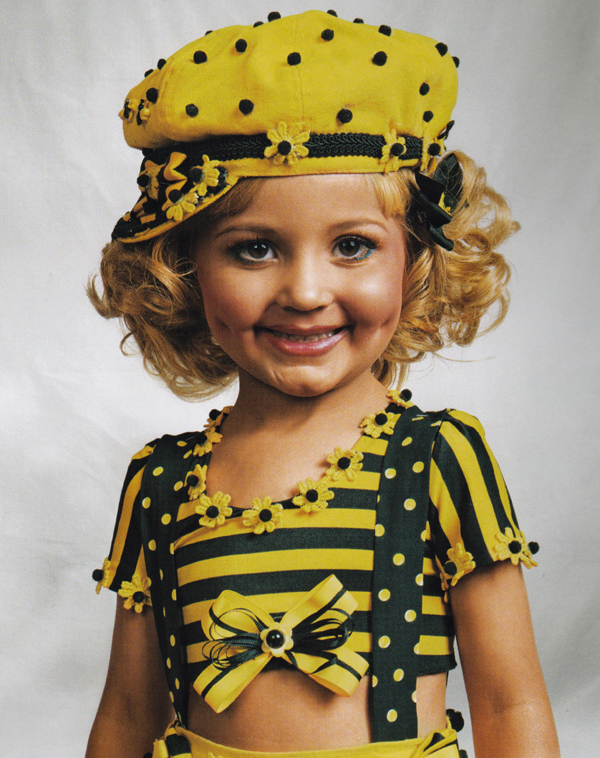
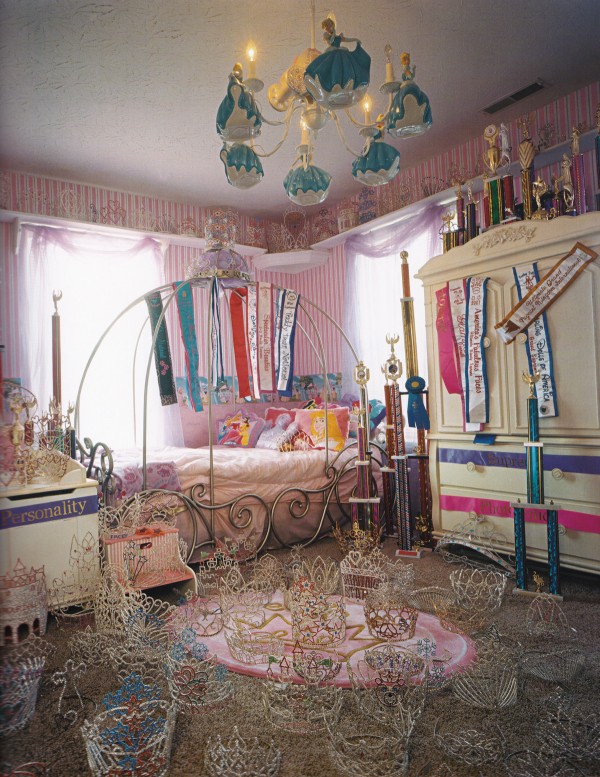
Jasmine, who prefers to be called “Jazzy” lives with her parents and three brothers in a large house in the countryside. Her room is full of crowns and sashes she has won in child beauty pageants. She attends a pageant every weekend at the cost of $1,000 per event. She loves being treated like a princess. When she grows up, Jazzy would like to be a rock star.
